Securing Our Worlds: Physical, Digital, Social
This project will form an interdisciplinary, multicenter organization focused on finding solutions to otherwise unsolved problems related to safe and secure physical, digital and social environments — ultimately creating more secure and resilient communities. The principal investigator is Perry Alexander, AT&T Foundation Distinguished Professor of Electrical Engineering & Computer Science and director of the Institute for Information Sciences. He is joined by faculty colleagues in engineering, philosophy, history and journalism.
Project Goals
Strengthen existing cybersecurity, remote sensing, communications, and scientific computing research groups while broadening our presence in social sciences. Investments in these areas build upon existing relationships and people successful in building national research programs.
Add faculty in strategic areas leveraging existing strengths while creating new capabilities. We will add professional research staff — research faculty and postdocs — to supplement our tenure-track faculty. Our hiring targets for tenure-track faculty include machine learning and AI, network and systems security, and radar system engineering. Targets for research staff will solidify as we make tenure-track hires.
The Center for Cyber-Social Dynamics will be an I2S center focusing on societal impacts of computing with emphasis on security. The CCSD will complement our existing centers and be led by John Symons, professor of philosophy. The CCSD will bring together KU researchers from the Center for Russian, East European & Eurasian Studies (CREES), psychology, journalism, social sciences and the humanities. Key to success is integrating with existing remote sensing, communications and cybersecurity researchers.
We will hire tenure-track faculty in support of the new center as well as postdoctoral researchers and research faculty in a manner similar to our existing centers. Particular focus will be on interdisciplinary collaboration among center researchers. Hiring committees will represent a cross section of our research areas. We believe hiring research professionals in all our centers will lead to an inclusive, collaborative research culture for our staff.
The Institute for Information Sciences has developed long-term relationships through experience working with the Department of Defense community. We have received funding from the Air Force Research Lab, Army Research Lab, National Security Agency, Defense Advanced Research Projects Agency, Office of Naval Research, MITRE Corporation, Battelle Memorial Trust, Naval Sea Systems Command, Naval Research Lab, Sandia National Labs, Intelligence Advanced Research Projects Agency, and the Kansas City National Security Campus, among others.
We will use our relationships to expand the numbers of investigators working with the Department of Defense, include research staff in larger grants, and expand into areas like social science where we have thus far been unable to work. We will initiate a multidisciplinary junior faculty mentoring program where we discuss building a research portfolio. Finally, we will continue working with Lewis-Burke to cultivate new relationships.
We will build on recent successes with center-level proposals including the NSA Lablet, NSF Scholarship for Service, numerous DARPA initiatives, and our NSF CHASSI I/UCRC effort. We will also compete for new funding from the Minerva program and NSF Center and Frontiers proposals, and expand efforts with Lewis-Burke to obtain federal appropriations for our centers.
Adding professional research staff improves our ability to compete for these awards. Examining aspirational centers at other institutions reveals they all make significant use of research professionals in their projects. Our research staff will make significant contributions to planning and writing proposals, executing grants, and performing research. Unlike graduate students, professional staff have experience needed to successfully compete and lead research. However, it is critical that we teach them the process of Department of Defense research generally, and individual agencies specifically.
Goal Progress
Three new faculty hires have been made: Rachel Jarvis, Han Wang, and Dongjie Wang. Two postdoctoral researchers were also hired.
Research Team
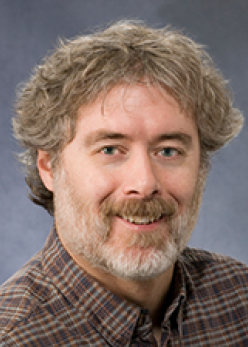
Perry Alexander
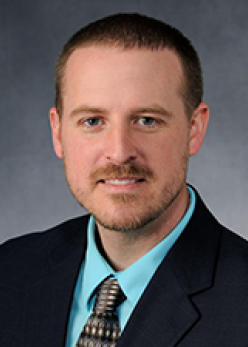
Shannon Blunt

Rachel Jarvis

Rebecca Johnston

Alex Kalinin

Jennifer Lohoefener
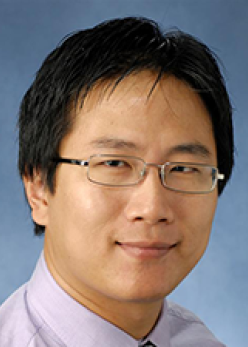
Bo Luo
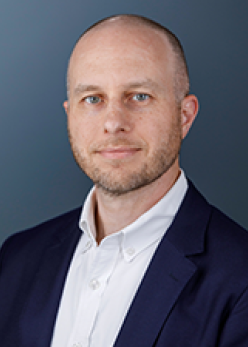
Erik R. Scott
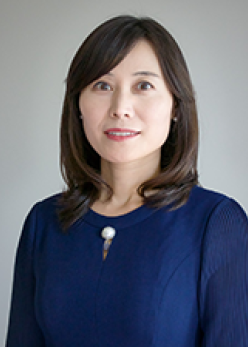
Hyunjin Seo
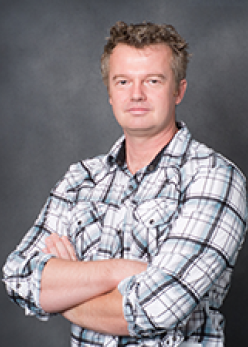
John Symons

Dongjie Wang

Han Wang